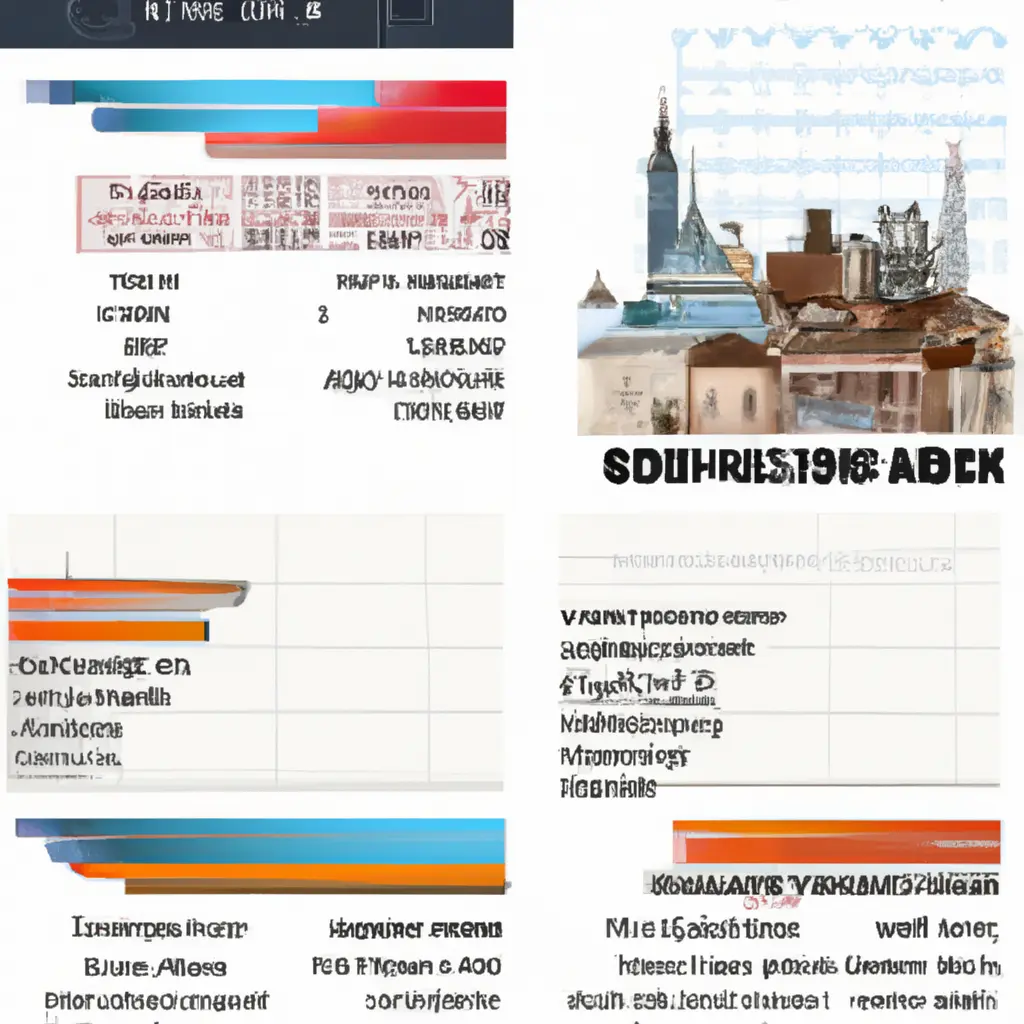Short-term leases: revenues for the state under 10 million a year

The mountain eventually gave birth to a mouse. Changes in the taxation of short-term rentals of secondary residences will bring in no more than ten million euros a year.
To understand how the point of collapse occurred and what agreement was reached between Fdi and Forza Italia, it is necessary to go back two weeks ago, the day after the Council of Ministers meeting that passed the first draft of the bill on the financial issue. The original idea was to increase the tax rate on dry rentals from 21% to 26% for properties rented for less than 30 days. The first version called for an increase starting with the second house rented out and therefore the third owned by the same taxpayer. The following week the article underwent''s changes and has been expanded. Probably because the legislature decided that the levies would be capped. So it was also decided to increase the tax rate on primary rental housing and then on secondary housing.
There began the real mayhem.
Forza Italia put up barricades and demanded a clarifying meeting last night. Vice-ministers, Prime Minister Giorgia Meloni, representatives of parties from the ruling coalition, and Economy Minister Giancarlo Giorgetti gathered. The result? We are back to the original hypothesis: an additional tax only on secondary housing for rent. All this is officially confirmed by the agency's announcement. "In the financial law has been introduced Fi's proposal for a national identification code for''short-term rentals. This was announced by Ansa according to the ruling party and government circles after a meeting on the financial plan, which confirmed an increase in the rate from 26% from the second to the fourth house rented, indicating that for the first remains 21%. The revenue, which amounts to about a billion euros, is expected to be used to reduce taxes on housing. "
Two deviations: the first concerns the identification code. It's actually called the ICN, the national identification code, and has existed in the form of a regional identification code since the summer of 2019. Without this number, people cannot use Airbnb. So the innovation boils down to changing the perimeter from national to regional.
18 April 2025
The consolation for hotels Confedilizione President Giorgio Spaziani Testa points the finger at the hotel segment, which he says has prompted the tax increase, but more importantly, to create (through this financial plan) the preconditions for the easier passage of the short-term rental bill, also known as the Santancier bill. The bill aims to make it harder to rent for a few days. Many leftist mayors share this view. Obviously, it goes against the libertarian tradition of Forza Italia. It is contrary to the interests''many center-right party voters. While it benefited hotels that wanted to expand their operations. The agreement formed allowed the bill to be passed, blocked and sent to parliament. The problem is not the money, but the underlying philosophy. Without Silvio Berlusconi, what values and ideas will the Azzurri promote? Will they also be able to embrace the ideas of the social right? Of course, they may be right, especially in times of crisis like the current one. But can the Azzurri make this their banner?
Comment
Popular Posts
18 April 2025
163

Subscribe to the newsletter from Hatamatata.com!
Subscribe to the newsletter from Hatamatata.com!
I agree to the processing of personal data and confidentiality rules of Hatamatata